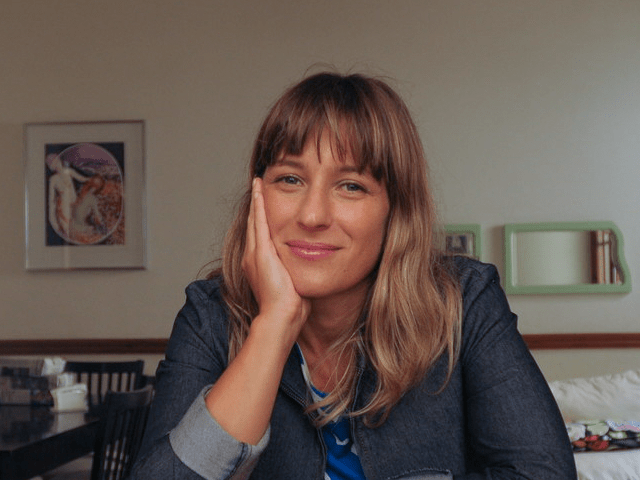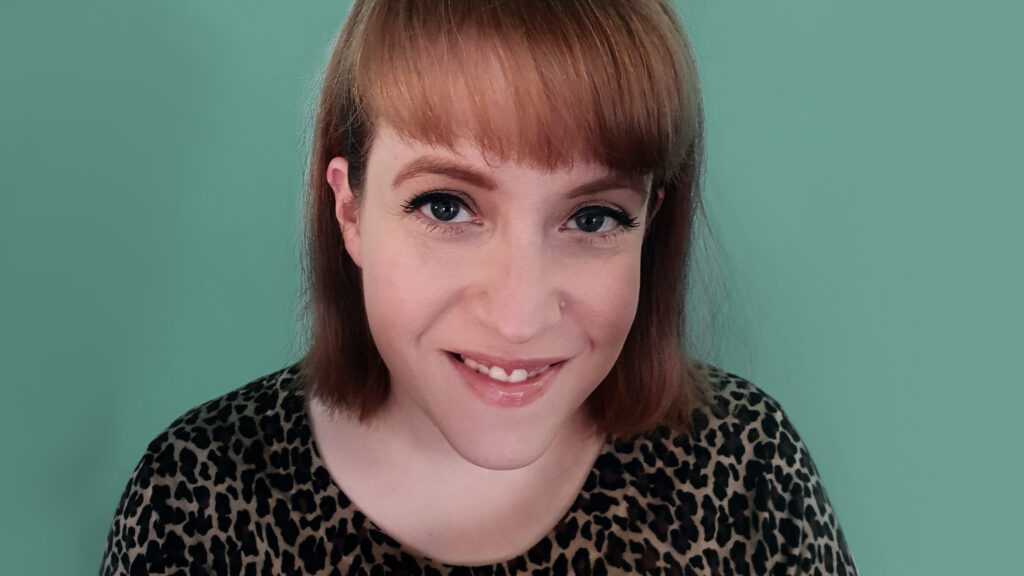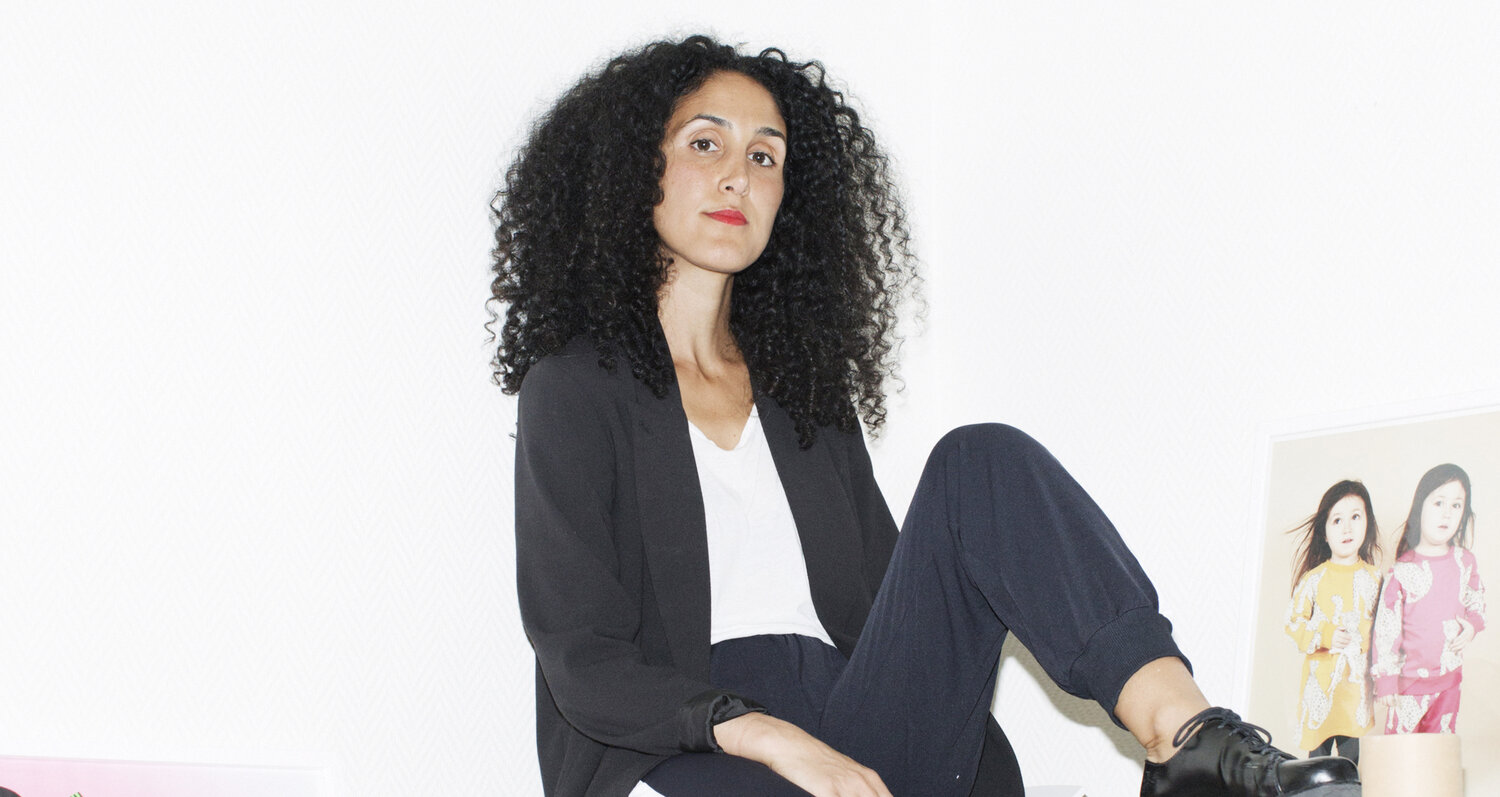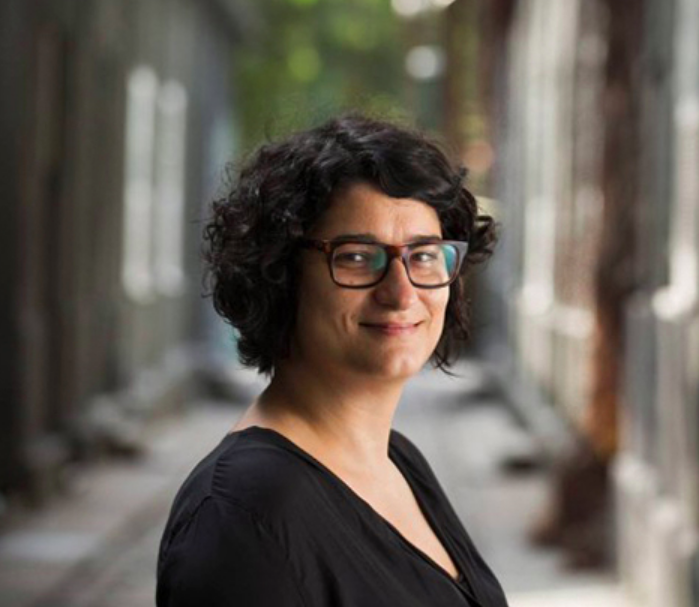It is often thought that art and design schools embody avantgarde, criticality and boundaryless experimentation. Nevertheless, a closer look at Western art and design education's contents and structures shows that it still follows “universal” ideas, thoughts and norms of modernity, often sustaining and fortifying structural inequalities (such as sexism, racism, ableism, homophobia).
Believing that art and design schools' ultimate duty is, as pointed by design educator Johanna Lewengard“to create conditions for new knowledge to emerge with possibilities to change paradigms”, we created a continuing education program “Educating Otherwise”. Using an intersectional lens, “Educating Otherwise” aimed to question the nature of curricula: what, how, and why we teach. Therefore, we invited various educators from different design schools worldwide, spanning from Argentina and Brazil, to England, Sweden, and Switzerland, with whom we engaged in a process of co-learning and co-sharing “to reflect on how to allow the students to navigate and expand their practices more consciously.”(Lewengard, 2019). How can we emancipate, transform and stimulate critical thinking? Which premises, methods and knowledge are socially relevant to our artistic and design practices?
Between October 2020 – April 2021, we met once a month for an evening lecture and a one-day hands-on workshop during this one-term-long program, facilitating an exchange between different institutes, practices, and teaching experiences. We collectively discussed the meeting points of theory, research, and practice, reflecting upon our teaching practice's curricula, pedagogies, philosophies, approaches, and social relevance.
01/10/2020
Exclusion through inclusion: The workings of institutional normativities and their camouflage in Higher Art Education
Sophie Vögele, Zürich University of the Arts (ZHdK), CH
This talk looks into how inequality spells out within art schools and addresses institutionalized processes of discriminating structures and modes. I will thereby elaborate how inclusionary and exclusionary practices during the admissions process are inherently linked to norms of aesthetic culture, regimes of Higher Education and historically anchored power relations on a local as well as global scale. Indeed, in the field of Higher Art Education, it becomes apparent that thorough selection and structural circumstances lead to a limited representation of the student body. Societal diversity in terms of class, race/ethnicity, gender, sexuality and body remain concealed. In my talk, I would like to identify an institutional normativity that has the effect of a structural exclusion through processes of inclusion. I will show how within fields of tensions and contradictions a camouflage if discriminating structures occurs through the constant urge to normalize. I thereby refer to empirical data from our study “Art.School.Differences. Researching Inequalities and Normativities in the field of Higher Art Education”
29/10/2020
The Standards We Have Been Taught Are Not Universal
Parasto Backman, Konstfack Academy of Arts, Crafts and Design, Stockholm, SE
During this lecture takes a closer look at the hidden characters within graphic design and typography – and highlight what is considered to be standard, neutral and universal. As well as what falls outside of these frames.
19/11/2020
From Design Educator to Design Fugitive
Tanveer Ahmed, Royal College of Arts, London, UK
Is it possible to teach design in higher education in ways that re-centre cultural diversity, all living forms and multiple worlds? Drawing on the concept of Fugitivity by Stefano Harney and Fred Moten, Tanveer Ahmed’s lecture aims to help design educators move away from and reject elite forms of design taught in higher education, designs shaped by colonial and patriarchal thinking; and, instead locate spaces and possibilities for alternative fugitive forms of design, rooted in anti-racist thinking, autonomy and democracy.
10/12/2020
Design and Gender: an interdisciplinary approach
Griselda Flesler, Faculty of Architecture, Design and Urbanism (FADU-UBA), Buenos Aires, AR
What does feminism and gender studies have to do with design? This is a question I have been hearing for 20 years, ever since I have started to try to introduce these topics in my classes. In 2016, we founded the Chair “Design and Gender Studies” at the University of Buenos Aires to challenge and transform our design knowledge. Our approach enables us not only to deal with women and their work, but allows us to think about the conditions surrounding the development of projects and the way in which design of objects and spaces functions as a signifier in the society. This lecture focuses specifically on how this perspective allows us to rethink the way in which we design and teach design. From an intersectional and interdisciplinary perspective, we will analyze design projects as a space for construction, reproduction and articulation of meanings and norms about sex and gender and a framework of intelligibility for symbolic processing of social transformations in matters of sexual and gender rights.
11/03/2021
Remaking Community and Care in a Design School
Zoy Anastassakis, Laboratório de Design e Antropologia, ESDI, Rio de Janeiro, BR
The lecture is organized around the movement "Esdi Aberta #Uerj Resiste" (Open Esdi #Uerj Resists), in which students, alumni, teachers, employees and the direction of the Superior School of Industrial Design (ESDI), State University of Rio de Janeiro (UERJ), has been experimenting alternative ways of living together in the oldest Brazilian design school, in the midst of a profound political and financial crisis that affects dramatically not only this university but the whole public education in Brazil. At ESDI, at that moment, the setting up for ways of resilience and opening went along with creating care and community among those who inhabited the scholar environment. Following this story, the lecture aims to contribute to the debate about how we can open spaces in the universities and design schools for the collective production of experimental, creative and scholar commons through collaborative practices.
08/04/2021
Access as process and aesthetic
Nina Mühlemann, Zürich University of the Arts (ZHdK), CH
Both educational and theatre institutions assume a normative relationship between bodyminds, space and time. Institutions try to reduce the barriers that are consistently (re)errected through the assumption of this norm through "reasonable" adjustments and checklists. With her theory on "Crip Spacetime'' disability scholar Margaret Price argues that access needs to be understood as a continuous process that unfolds through space and time. Using disability theory as well as her own experiences working in cultural and academic spaces, Nina Muehlemann discusses the creative possibilities that arise when access is understood as a process and an aesthetic





